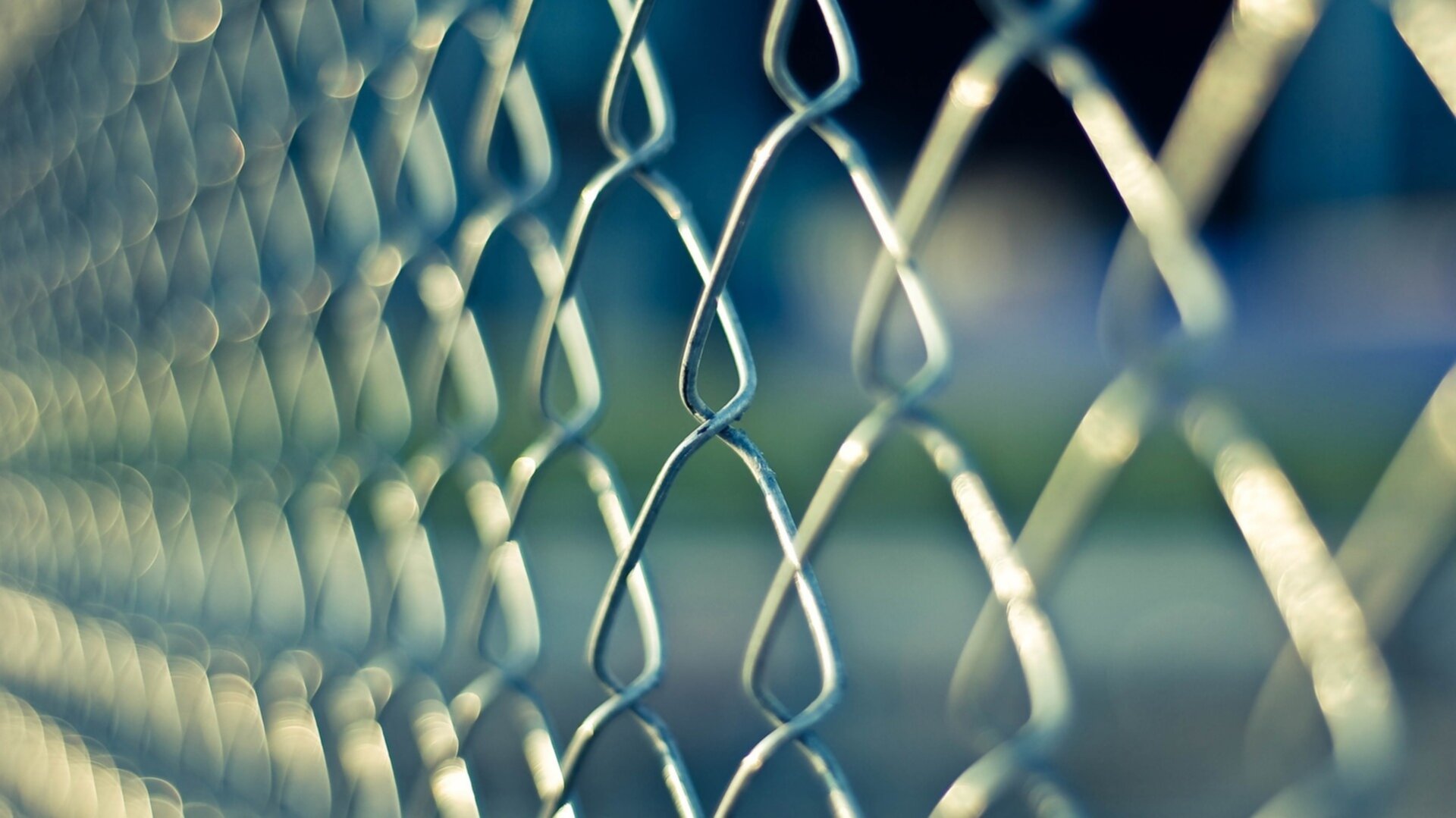
Wales Imprisoned by UK Criminal Justice System
02/06/2021
People in Wales are being let down by the system in its current state, whether employed in the sector or locked up in its prisons. Kaleidoscope CEO Martin Blakebrough explains why as long as Justice Powers are imposed by Westminster, not led by Wales, a system plagued by inequality, no accountability and denial will continue.

Criminal justice workers excluded from Welsh Government’s cash bonus scheme
For the thousands of people employed in Wales’ criminal justice sector, a bitter blow was dealt this month. One that highlights an inconsistency that leaves the workforce feeling undervalued, and in receipt of little support from Welsh Government.
The NHS and social care financial recognition scheme, launched to award a cash bonus to health and social care workers in Wales, in principle, is a positive step. We are all grateful to those frontline workers who put themselves in harm’s way to care for others at the height of the pandemic. However in reality, this move has led to damaging schisms between teams in the sector. At Kaleidoscope we primarily provide services in the community, and so many of our workers will benefit from this payment. At £500 plus pension contributions it is no small sum. The front line workers who will get no such bonus however, are those people with contracts held by probation or the Police Crime Commissioners.
Gaps in policy
An unfortunate blind spot indeed, as these workers, who supported vulnerable clients on release from prison, will get no thanks from our Government. Criminal Justice workers saw higher risk clients throughout the outbreak, and a report published by SAGE in April highlighted the risk prisons posed to the community as “reservoirs and amplifiers” of infection. This was a great source of anxiety for our criminal justice workers. It was also the case that many clients needed to be seen face to face to meet the terms of their probation order. By way of contrast, many social care workers were able to support clients remotely, lowering their risk. Breaking the news to our teams that many remote workers will receive a bonus while those who encountered greater risk will get nothing, has been tough to say the least.
The nonsense of such a discrimination against Criminal Justice workers fails to grasp how their work keeps communities safe. The current system leads to damaging policy gaps, and a lack of discussion about what truly works for those trapped in the cycle of addiction and re-offending. For example, when women in Wales are given prison sentences, they are sent to prisons in England, far away from the communities they will be asked to reintegrate and rehabilitate within.
I am quite sure that if the Welsh Government was able to set its own policy, and justice and policing was no longer controlled by Westminster, we would choose a very different path to England. Wales’ prison population has risen by an astonishing 76% over the last decade, and the bill for a single place in a UK prison costs the taxpayer more than £43,000 a year. Is radical reform not on the table?
A different path
There are of course voices advocating for reform, and in an Institute of Wales Affairs debate that asked Is there a role for prisons in modern Wales? Ruth Coombs, Head of Wales at the Equality and Human Rights Commission voiced the need for a human rights based approach ‘that tackles inequality, poverty, addiction and abuse. As many inmates fit the profile of real complexity and vulnerability’. It is my belief that our focus should be on reducing harm and tackling inequality, and that funds would be better directed at improving treatment services and tailoring programmes to reach young people at increased risk of developing serious addiction issues.
In terms of police action, Arfon Jones former North Wales PCC, recognised that the criminal justice system was a blunt tool in tackling drugs. He set up a scheme called Checkpoint Cymru that offered structured support to those with a drug offence in place of imprisonment. In a further bid to reduce the crime associated with addiction, he pushed to prescribe heroin to those who relied on it, preventing them from committing crime to fund their addiction. This action was based on the evidence of a successful Middlesbrough pilot scheme that did exactly this. Such schemes rarely get off the ground due to a lack of funding. But, if we redirected funds from enforcement we could afford schemes that save lives and reduce the criminality associated with addiction.
Our Needle Syringe Exchange Programmes, as important as they are, are also governed by nonsensical limitations. The legislation imposed on Wales means we must provide the service knowing that a homeless heroin injector will have no alternative but to inject in the streets often discarding drug paraphernalia which is distressing for communities. The law prohibits us from providing a safe place for them to inject.
Final thoughts
Those trapped in the Criminal Justice System are excluded from the forward thinking Health and Wellbeing Act and the Future Generations Bill, and this failure to include everyone is a real problem for policy makers and service providers. The people of Wales are let down by the system in its current state and Wales should have full control of its justice system – with powers to run policing, prisons and appoint its own judges. In the interim however, Welsh Government must do all it can to support the Welsh criminal justice workforce and not perceive them as the sole remit of the Ministry of Justice. It must try, wherever possible, to develop policy that can support those caught up in the system as it currently is.

Martin Blakebrough
CEO at Kaleidoscope
Share


